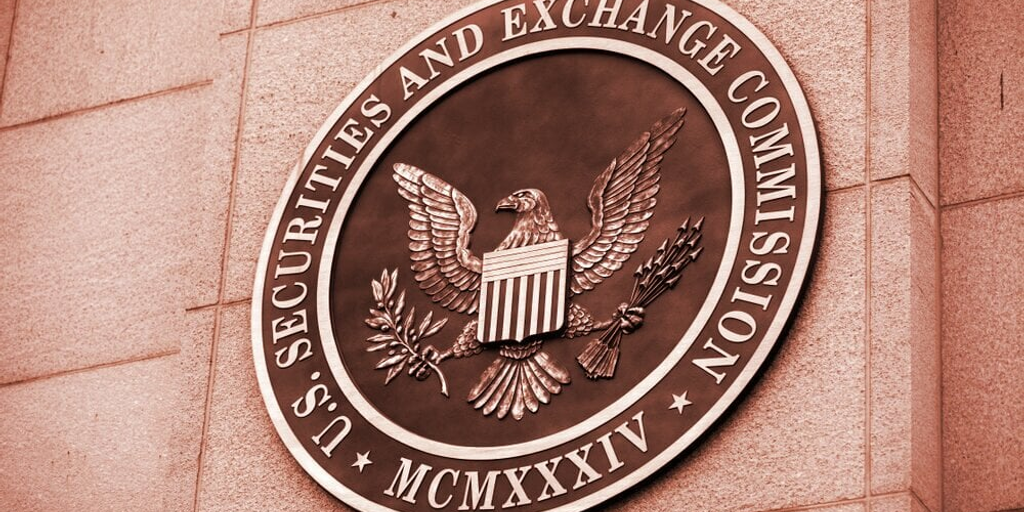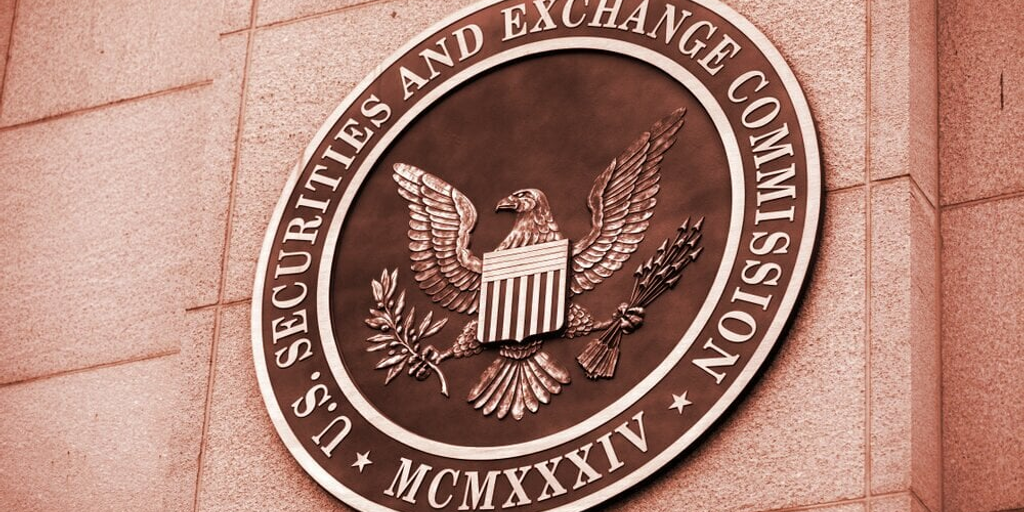[ad_1]

The Securities and Exchange Commission (SEC) has unveiled new guidelines for companies making financial disclosures, which call on them to provide a more detailed record of their exposure to the crypto industry in the wake of recent market chaos.
The guidelines, which are outlined in a sample letter, go beyond simply the amount of cryptocurrencies held on the balance sheet.
The letter also includes guidelines on exposure to third-party crypto market participants, risks related to firms’ liquidity, their ability to obtain financing, as well as risks relating to “legal proceedings, investigations, or regulatory impacts” within the crypto markets.
Explaining the recent guidelines, the regulator referenced the Securities Act Rule 408 and Exchange Act Rule 12b-20. These rules states that companies may need to make additional disclosures “as may be necessary to make the required statements, in light of the circumstances under which they are made, not misleading.”
Firms were also urged to discuss the “downstream effect” of how the bankruptcies of certain third-party companies have affected their company as well as their partners and customers.
More broadly, the letter asked firms to disclose any “reputational harm” they may face as a result of recent market disruption.
SEC guidelines in wake of market chaos
The news comes as the market has seen many firms encounter severe difficulties as a result of their exposure to insolvent firms within the crypto industry.
Crypto exchange Gemini was forced to shutter withdrawals of its Gemini Earn service as a direct result of the severe liquidity issues experienced by the crypto broker Genesis.
Gemini Earn offered customers interest in exchange for depositing their cryptocurrencies, between 0.45% and 8.5%, which was facilitated via the use of Genesis as a third-party lending party.
The SEC’s letter touches on events like Gemini and Genesis.
The regulator also recommended firms detail any risks involved in “excessive redemptions or withdrawals,” having “suspended redemptions or withdrawals,” as well as any risks stemming from “unauthorized or impermissible customer access” to their offerings outside of the jurisdictions they are authorized to operate in.
Stay on top of crypto news, get daily updates in your inbox.
[ad_2]
Source link


